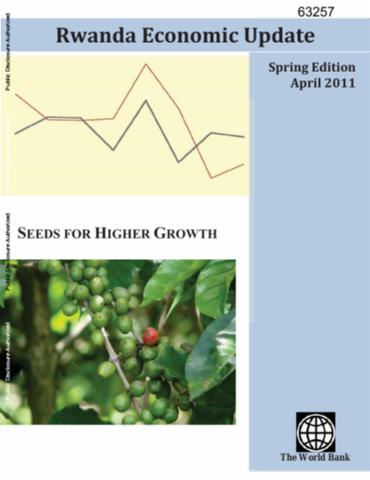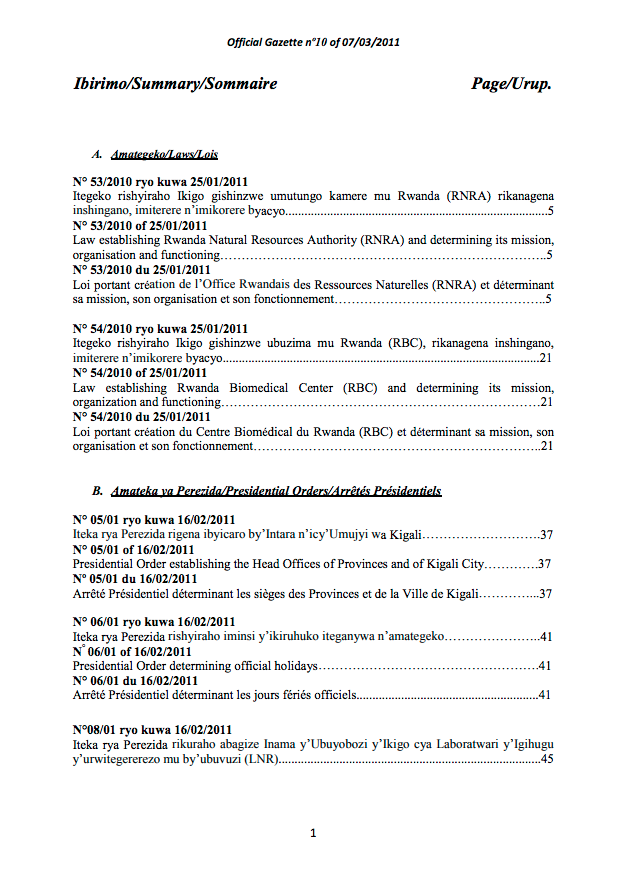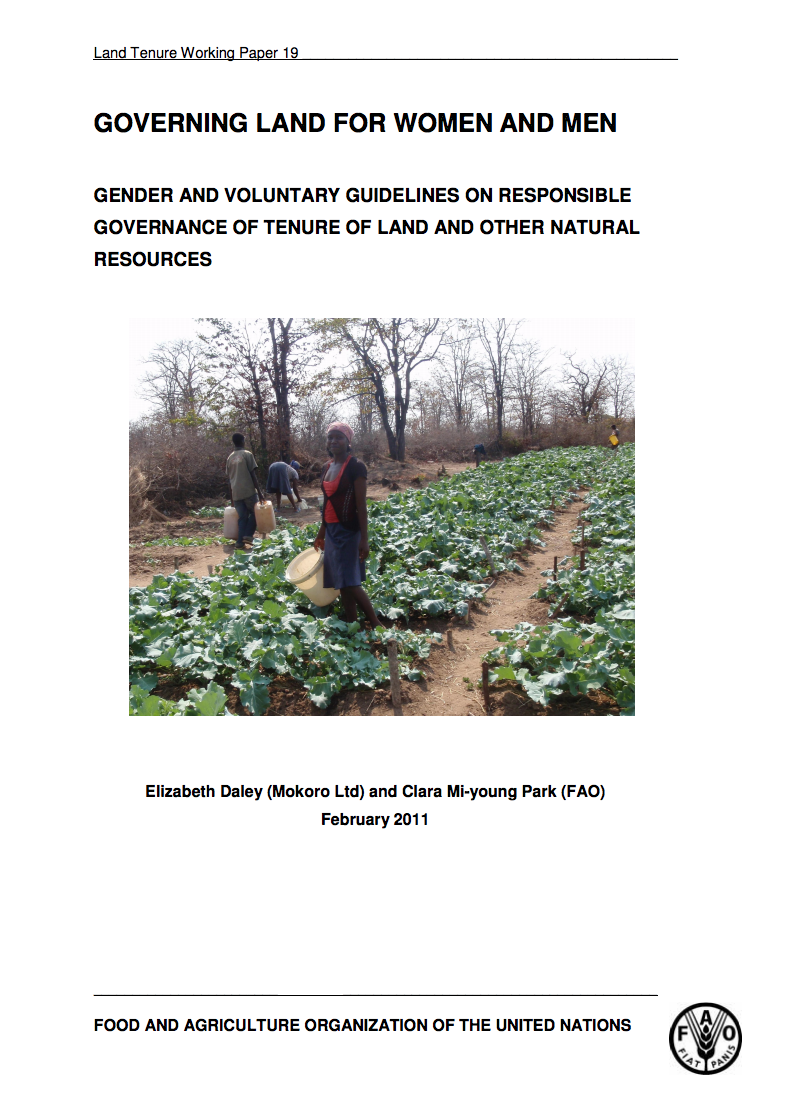This study consists of seven chapters. Chapter 1 sets the stage of the thesis in terms of problem statement, theoretical perspective, objectives and research questions, the research area and data collection procedure, and ends with this outline. Chapter 2 will provide an account of soil erosion…
Dans les pays en développement, le secteur des combustibles bois constitue une importante source d’énergie, qu’il s’agisse du bois de chauffage ou du charbon de bois, et de moyens d’existence pour les pauvres vivant en milieu rural, aussi bien en termes de création d’emplois que de génération de…
In Rwanda, for many years ago, rights over land for women and female orphans were not
recognized. The main causes were the inexistence of efficient land administration systems and
the prevalence of traditional system of land tenure which were complex and did not favor
women and…
The current edition of the Rwanda economic update is titled seeds for higher growth and specially features the agriculture sector. The importance of agriculture's contribution to growth in Rwanda remains considerable, despite the emergence of other significant growth drivers, such as…
The current edition of the Rwanda economic update is titled seeds for higher growth and specially features the agriculture sector. The importance of agriculture's contribution to growth in Rwanda remains considerable, despite the emergence of other significant growth drivers, such as…
Law N° 53/2010 of 25/01/2011 Establishing the Rwanda Natural Resources Authority (RNRA) and Determining its Mission, Organization and Functioning.
The number of woodfuel consumers in Africa is projected to increase from around 2.5 billion in 2004 to 2.7 billion by 2030, with sub-Saharan Africa accounting for the highest increase. Rwanda and Kenya are two good examples of countries in which woodfuel plays a key role in energy provision,…
Experiences of Women in Asserting their Land Rights: The Case of Bugesera District, Rwanda
In setting out principles and internationally agreed standards, the “Voluntary Guidelines on the Responsible Governance of Tenure of Land and Other Natural Resources” intend to provide practical guidance to states, civil society and the private sector on responsible governance of tenure. The…
The importance of land to poor people’s livelihoods cannot be over emphasized. Land provides the foundation upon which people construct and maintain livelihoods. Consequently, secure access to land is a prerequisite for securing livelihoods. Women are the majority of the poor as they have…
[Executive Summary] In rural Rwanda, women, particularly widows and divorced or abandoned women, face severe obstacles protecting and upholding their interests in land, resulting in diminishing land tenure security. Women have weak rights under customary law, and while reforms have strengthened…
Poor women in developing countries rely on land as source of livelihood. Increasing pressure on land — brought on by globalisation pressures, increased population and privatisation — undermines women’s land tenure security. The comparison of women’s land access is predominantly measured against…












